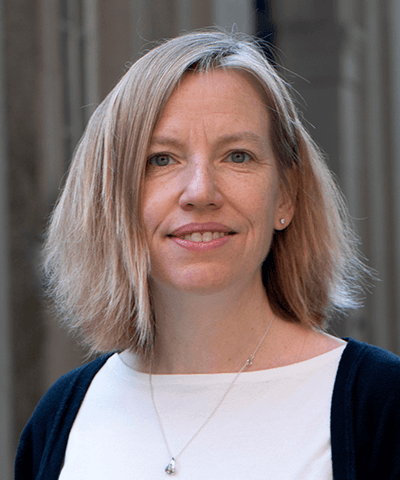
Two professors in the Harvard Department of Stem Cell and Regenerative Biology (HSCRB) have been honored by the National Institutes of Health (NIH) Director’s Awards. Amy Wagers is a recipient of the Pioneer Award, given for groundbreaking and high-impact research. Richard Lee is a recipient of the Transformative Research Award, given for interdisciplinary research that has the potential to change paradigms.
These awards are part of the High-Risk, High-Reward Research program, which supports high-risk ideas with potential for great impact in biomedical research from across the broad scope of the NIH. The program catalyzes scientific discovery by supporting high-risk research proposals that may struggle in traditional peer-review despite their transformative potential. Program applicants are encouraged to pursue creative ideas in any area of research relevant to the NIH mission.
“This program supports exceptionally innovative researchers who have the potential to transform the biomedical field,” said NIH Director Francis Collins in a statement. “I am confident this new cohort will revolutionize our approaches to biomedical research through their groundbreaking work.”
Wagers, the Forst Family Professor of Stem Cell and Regenerative Biology and Executive Committee member of the Harvard Stem Cell Institute (HSCI), seeks to change the way we repair our tissues after an injury. Her research reveals how changes in stem cell activity impact tissue maintenance and repair throughout life and explores how these cells may be harnessed for regenerative medicine. She has established groundbreaking methods for manipulating stem cell genomes in situ — work that opens new avenues of research and new possibilities for treating congenital and age-related diseases.
Lee is a professor of stem cell and regenerative biology and leader of the HSCI Cardiovascular Program. His laboratory studies heart failure and metabolic diseases that accompany human aging, as these diseases are now major barriers to healthy aging. As part of the Transformative Research Award, he will establish a new research program to search for unique molecules within DNA that accumulate with age.
A version of this story originally appeared on the Harvard Medical School website.

